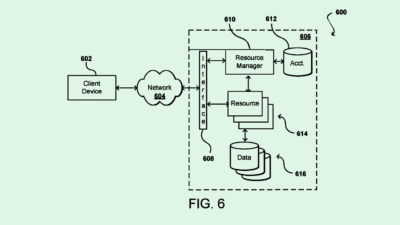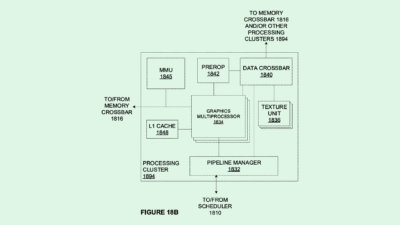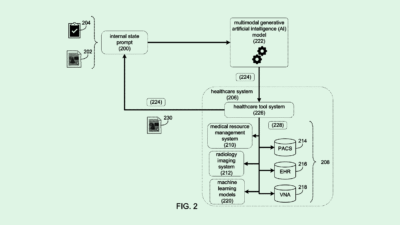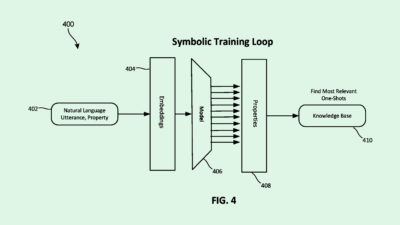Microsoft Targets AI’s Bias Problem in Recent Patent
Bias is one of the fundamental issues that AI developers face as they build and deploy models.
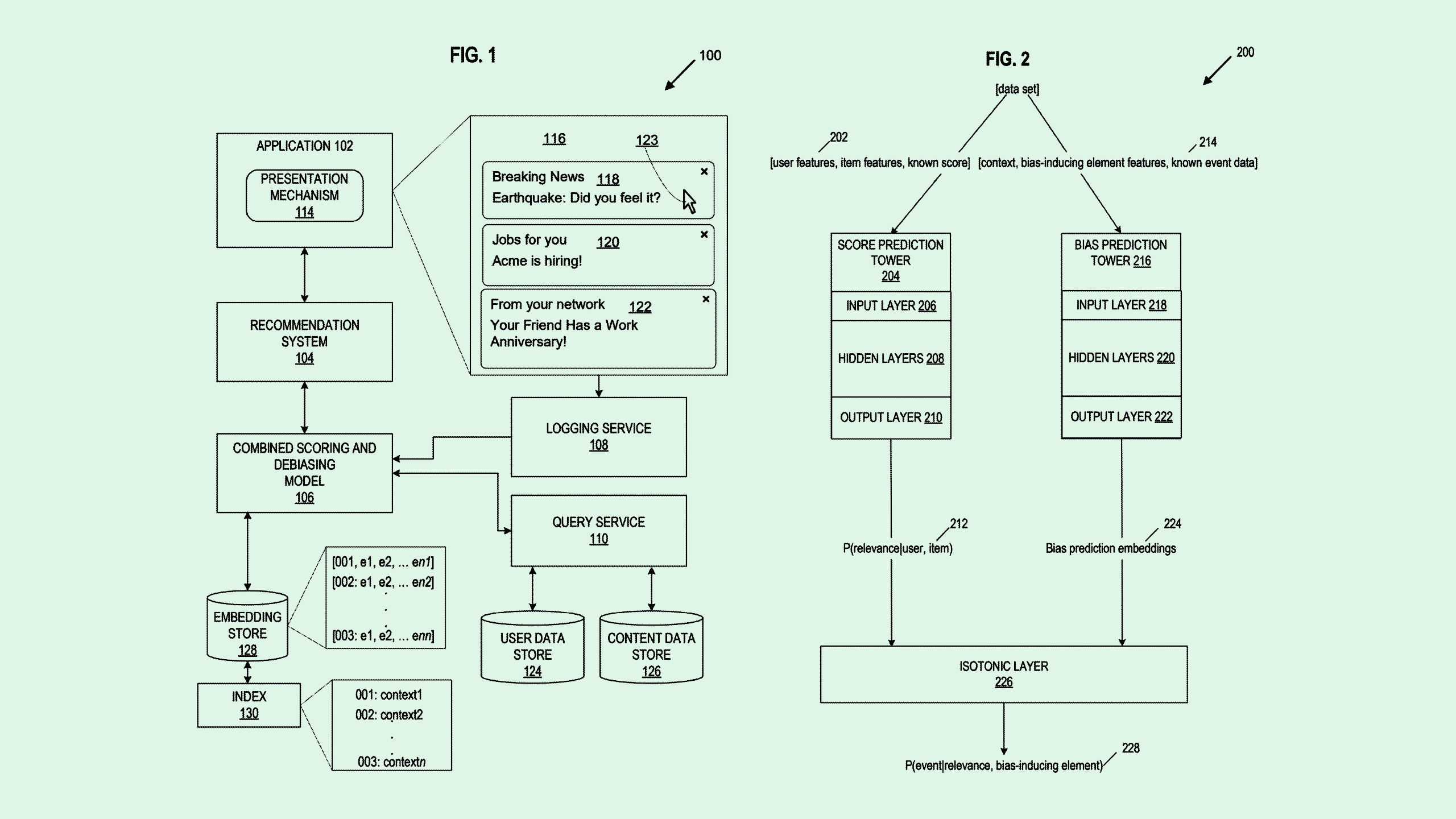
Sign up to get cutting-edge insights and deep dives into innovation and technology trends impacting CIOs and IT leaders.
AI models can be easily swayed.
Microsoft may be looking to keep them more objective, with a patent application for a “debiasing framework for deep learning models.” In short, the tech aims to reduce bias in deep learning-powered ranking models, specifically targeting recommendation engines.
Bias is one of the fundamental issues that AI developers face as they build and deploy models. “Low or unstable prediction accuracy can have adverse consequences ranging from the display of irrelevant, inappropriate or biased information to users of an online system, to erroneous control signals or operational decisions of an automated system due to biased predictions,” Microsoft noted in the filing.
Deep learning-based ranking models usually rely on relevance scores to rank responses to queries. However, those can easily fall prey to biases, such as popularity of certain content items or the demographic of the user who submitted the query.
Microsoft’s tech uses a three-part architecture to remove biases from these relevance scores. First, the raw relevance score is produced by the deep learning model. In parallel, a bias prediction module creates “bias embeddings,” or estimates of distortions to the score that may have been caused by biases. The final part is an “isotonic layer,” which combines the raw relevance score with the bias embeddings, creating a “de-biased” output.
Microsoft isn’t the first tech firm to target AI’s bias problem. Companies including Amazon, Google, Intel, JPMorgan Chase and more have sought solutions in their patent activity. And it makes sense why: Biased outputs harm the accuracy, and therefore the usability, of these systems.
For this patent in particular, the goal is to create a more accurate and relevant ranking engine, which could be useful in anything from search engines, like Microsoft-owned Bing, to AI-powered assistants, such as Copilot. And as each company seeks to carve out its place in the frenzied AI market, anything that can make these systems more reliable could give the firms an edge.

